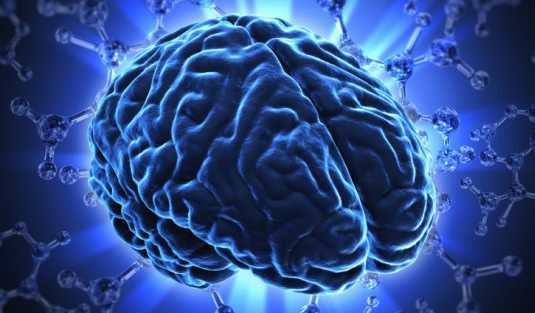It might seem strange that in an ancient world full of danger that humans did not evolve to be stronger and more muscular.
But we evolved to be weedy so that there was more than enough energy for the brain, which is arguably man’s greatest weapon.
A study has found that over the course of evolution, essential molecules have changed more rapidly in human muscle than in the brain.
The rate of change in muscle was 10 times that seen in our closest animal cousin, the chimpanzee and the molecules in the human brain evolved four times faster.
The scientists believe human muscle needed to alter drastically to free up energy for the brain becoming puny.
Lead researcher Dr Kasia Bozek, from the CAS-MPG Partner Institute for Computational Biology in Shanghai, said: “Our results suggest a special energy management in humans that allows us to spare energy for our extraordinary cognitive powers at a cost of weak muscle.”
The scientists focused on the evolution of metabolites – molecules such as sugars, vitamins, amino acids and neurotransmitter nerve signalling chemicals with key roles in the way the body functions.
“Metabolites are more dynamic than the genome (genetic code) and they can give us more information about what makes us human,” said co-author Dr Philipp Kaitovich, also from the Shanghai team.
The researchers carried out tests on macaque monkeys to show the muscle changes were not the result of human lifestyle.
Agencies/Canadajournal
 Canada Journal – News of the World Articles and videos to bring you the biggest Canadian news stories from across the country every day
Canada Journal – News of the World Articles and videos to bring you the biggest Canadian news stories from across the country every day



